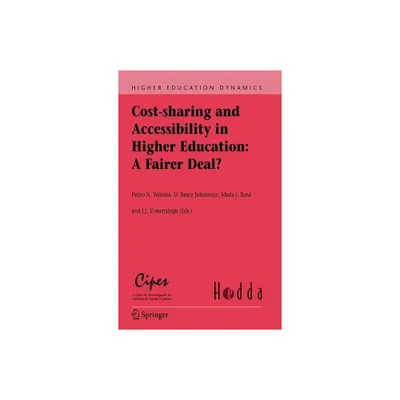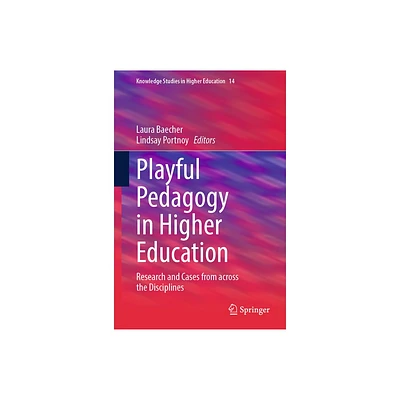Home
Off Book: Devised Performance and Higher Education
Loading Inventory...
Barnes and Noble
Off Book: Devised Performance and Higher Education
Current price: $134.95


Barnes and Noble
Off Book: Devised Performance and Higher Education
Current price: $134.95
Loading Inventory...
Size: Hardcover
*Product Information may vary - to confirm product availability, pricing, and additional information please contact Barnes and Noble
An edited collection of essays exploring ways that theatrical devising supports and defies higher education’s institutional goals.
In the theater industry, “off book” refers to the date by which performers are to have memorized their lines and will no longer carry their play scriptthe “book”on stage. But for the authors of this volume, the question is not when the book needs to be memorized, but why is there a need to be “on” book in the first place? Practitioners of devised performance choose to compose live performances from scratch rather than follow instructions in someone else’s script; educators of devised performance prefer to practice learning, too, as a generative and creative process that can never be confused with mere memorization. In its usual context, “off book” implies that theater is (literally) authorized by the bookthe dramatic textthat represents its essential core or contains its meaning. Yet the “book” is not essential, and the chapters here highlight higher education theater practices that throw away the “book” altogether, creating space for actors and learners to do more than memorize. The conventional rules and hierarchies of theater creation, research, training, and education are not always relevant, or desirable, in these contexts. Instead, the questions and practices that go beyond the “book” matter. Lively and engaging,
Off Book
will be a valuable and unique resource for university students, drama educators, theater historians, and practicing devised theater artists.
In the theater industry, “off book” refers to the date by which performers are to have memorized their lines and will no longer carry their play scriptthe “book”on stage. But for the authors of this volume, the question is not when the book needs to be memorized, but why is there a need to be “on” book in the first place? Practitioners of devised performance choose to compose live performances from scratch rather than follow instructions in someone else’s script; educators of devised performance prefer to practice learning, too, as a generative and creative process that can never be confused with mere memorization. In its usual context, “off book” implies that theater is (literally) authorized by the bookthe dramatic textthat represents its essential core or contains its meaning. Yet the “book” is not essential, and the chapters here highlight higher education theater practices that throw away the “book” altogether, creating space for actors and learners to do more than memorize. The conventional rules and hierarchies of theater creation, research, training, and education are not always relevant, or desirable, in these contexts. Instead, the questions and practices that go beyond the “book” matter. Lively and engaging,
Off Book
will be a valuable and unique resource for university students, drama educators, theater historians, and practicing devised theater artists.


















